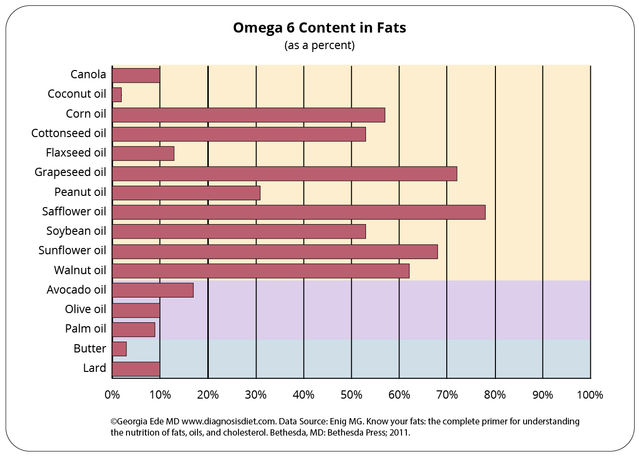If you are trying to find the right Arizona assisted living facility for your senior loved one, one of the first things you will discover is that there are more than a few options to choose from in your local area. It is important to remember that where your senior loved one lives will become a huge part of their personal happiness. As a result, you need to take your time to carefully consider the options and find the facility that best meets your needs. Many of the factors for you to keep in mind during your search can be found here.
Is There a Sense of Community?
While there is likely a long list of things you want to check out when choosing an assisted living facility in Arizona, you can start by considering the sense of community at the communities you visit. You want to take the time to find a location where your loved one is going to feel at home and be able to be comfortable, while still enjoying social interactions. As you tour different communities be aware of what you are being shown. Is it all brick and motar or are you being introduced to residents who are warm and friendly. Does the community offer activities that either you our your parents have a common interest in, does the community FEEL like a good fit.
Staff Turnover Rates
Another way you can make sure that a senior living facility is right for your loved one is if the staff is constant. If there is a constantly changing staff, it is going to make the facility uncomfortable for your senior loved one. Also, if the staff is not happy with the jobs they are doing, then there may be something amiss, have you been introduced to staff as you are touring and were they warm and friendly or cold and aloof.
To determine whether or not the staff is stable, ask about their turnover rates and meet a few staff members before making a decision. Also, talk to families, residents and the current staff to learn about the community and culture, too.
Take Time to Learn About the Staff
While considering the staff, you have to remember that these are the people who are going to have a huge impact on your senior’s life in their assisted living facility. As a result, you need to make sure there are plenty of people present at all times. Ask what the staff to resident ration is as the more staff to each resident will ensure that you or your senior loved one is well cared for and that they receive the specialty services necessary to remain healthy and happy.
If you are thinking about finding an assisted living facility for your senior loved one, then you need to take the time to find the right one for their needs. This will ensure that everyone is happy about the decisions made and that no other issues arise once they have moved in. If you don’t take the time to find the right facility, you nor your senior will be happy with the decision made.
Do all Assisted Living Facilities provide the same Level of Care?
It is very important to understand the differences in care provided at each facility or community as they may provide very different levels of care. In Arizona there are 3 different levels of Assisted Living Care available, Personal Care, Supervisory Care and Directed Care so it is important to know the difference and know the level of care your loved one needs both today and down the road ass if the community is not licensed to provide that level of care they will be forced to move.
Consulting with a licensed Healthcare professional like the ones at A Caring Hand for Mom (and Dad) is a good step to help you find the best options available for your individual needs. Their services are free to their clients so you will never receive a bill.
Find out more about choosing an assisted living facility by visiting the A Caring Hand for Mom (and Dad) website and call us today at 800-881-7706.










